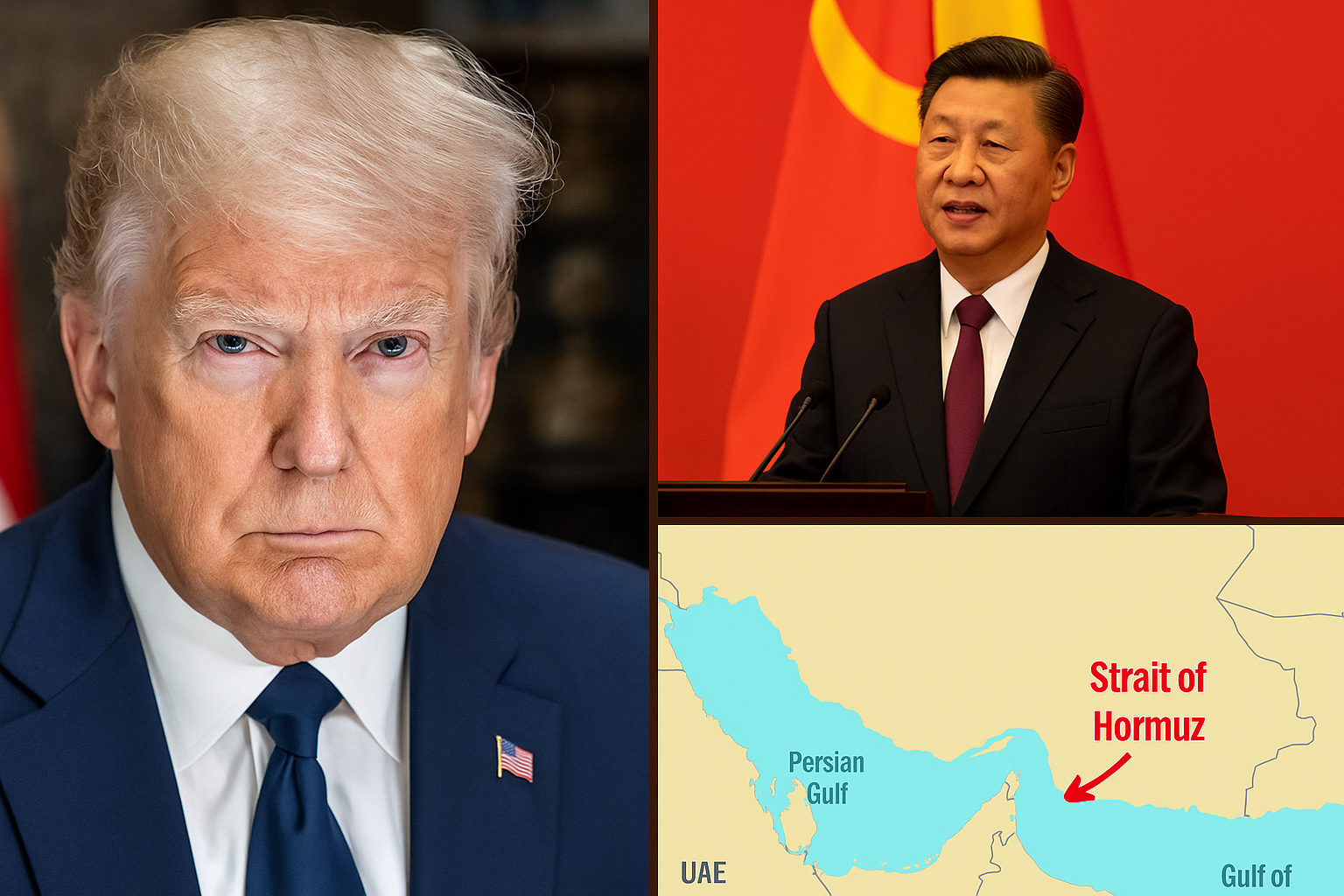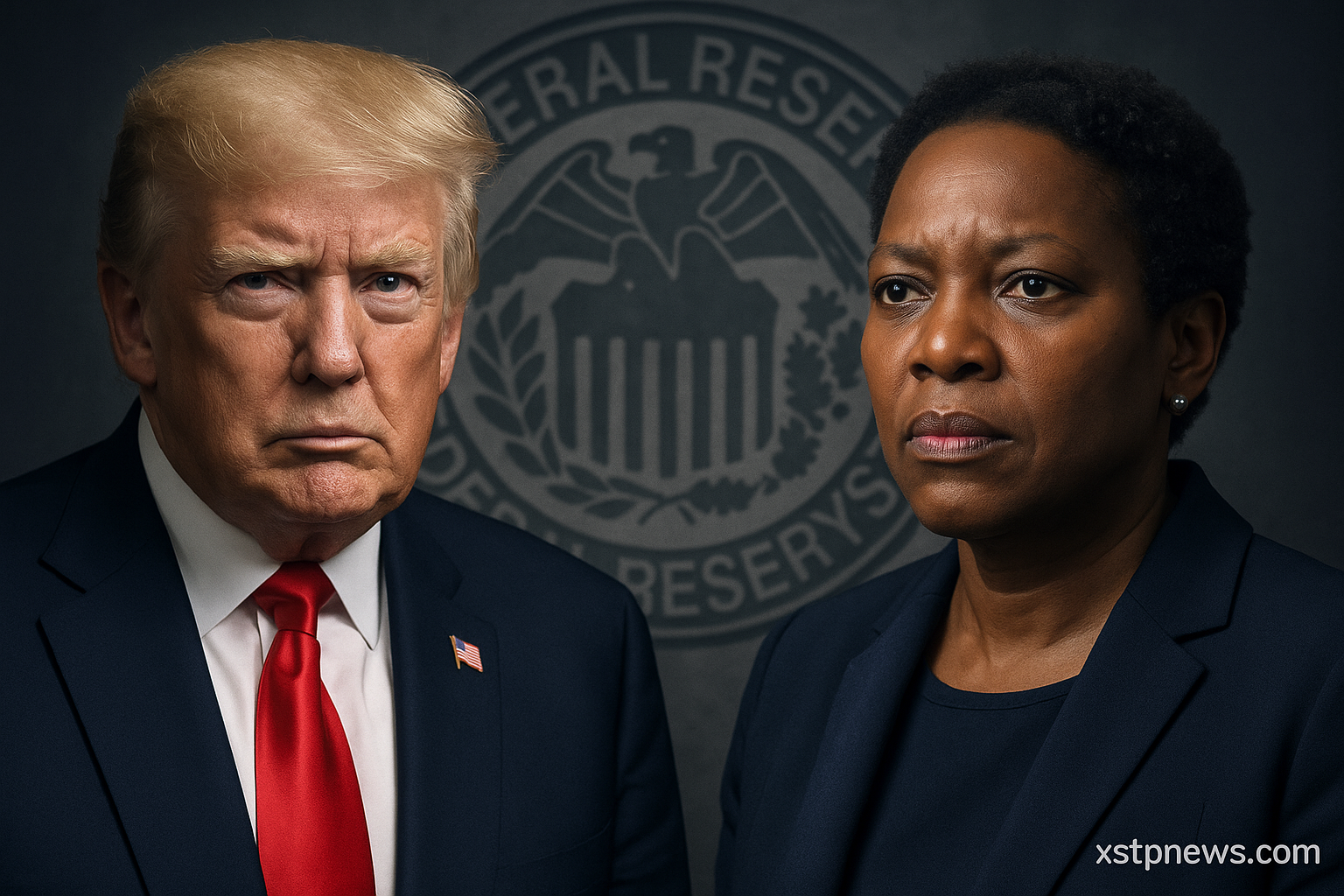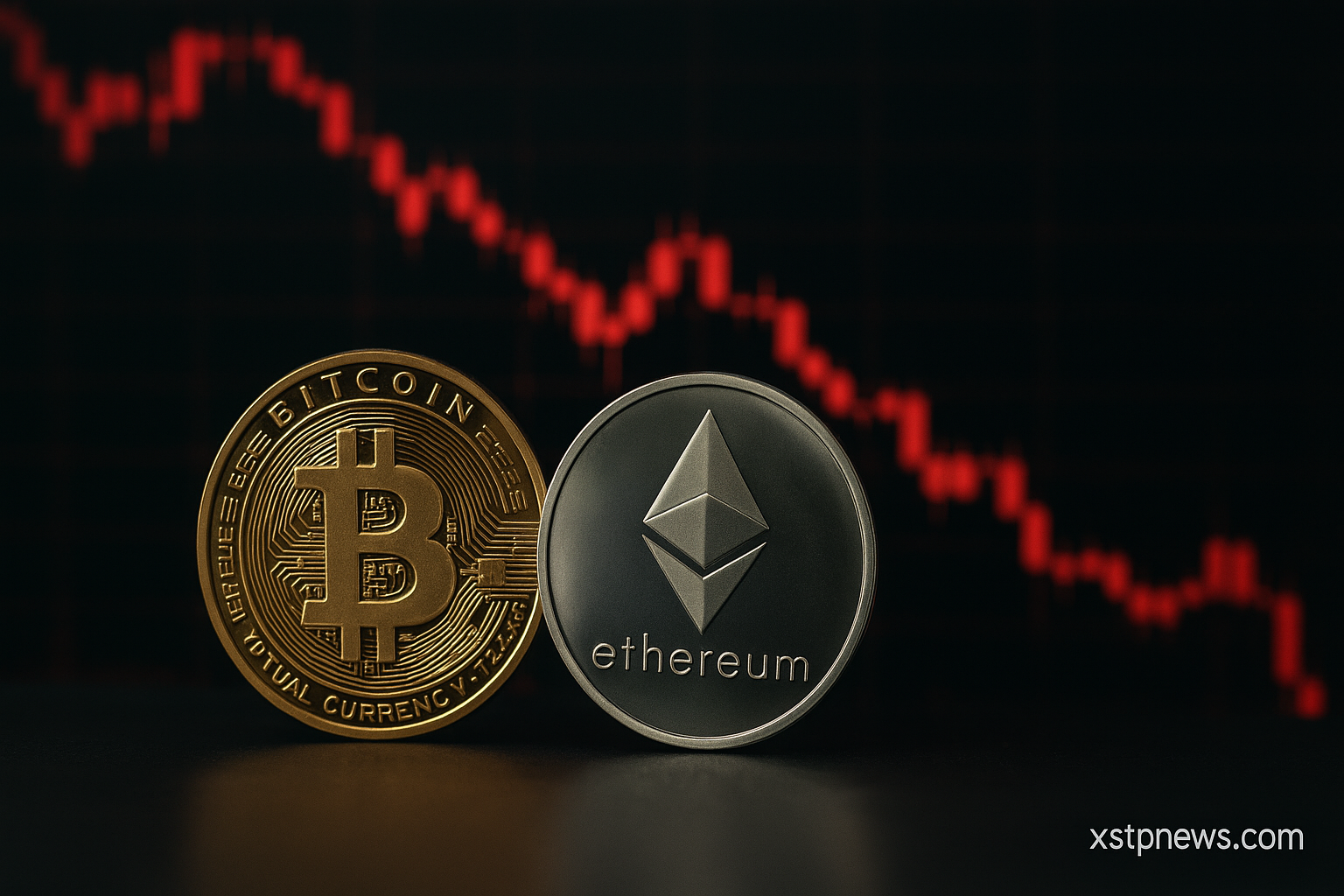Global tensions are rising once again as the United States makes a direct call to China. The message is clear. Washington wants Beijing to use its influence and stop Iran from closing the Strait of Hormuz. This narrow maritime passage is one of the most important arteries of global oil supply. Its blockage could lead to severe energy disruption and market instability.
Why the Strait of Hormuz Matters
The Strait of Hormuz connects the Persian Gulf to the Gulf of Oman. Nearly 20 percent of the world’s oil passes through this corridor. Any disruption could send oil prices soaring and create a domino effect on inflation, transport costs, and supply chains worldwide.Washington’s Strategic Move
Instead of direct confrontation, the US is turning to diplomatic pressure. China holds strong economic ties with Iran and is one of its largest oil buyers. By pushing China to act, the US is trying to contain the situation without escalation. This shows a growing trend where influence is used as a strategic tool in global conflicts.
Market Impact
• Oil prices may spike if tankers are blocked or rerouted
• Global inflation could accelerate due to rising energy costs
• Stock markets may react with volatility and corrections
• Crypto assets may gain attention as alternative stores of value
Strategic Insight
This is not just about oil. It is about power, influence, and economic control. The Strait of Hormuz is becoming a chess piece in a larger geopolitical game. Smart investors must look beyond charts and follow the underlying forces shaping global markets.
Final Thought
The coming days will be critical. If China responds or if Iran escalates, the impact will go far beyond the Gulf region. It may redefine energy routes, shift investor behavior, and change the course of commodities and crypto markets alike.







